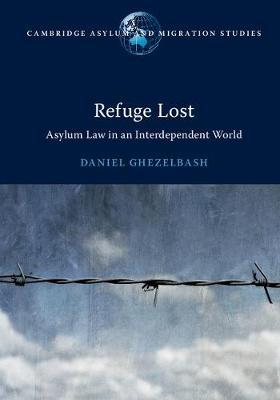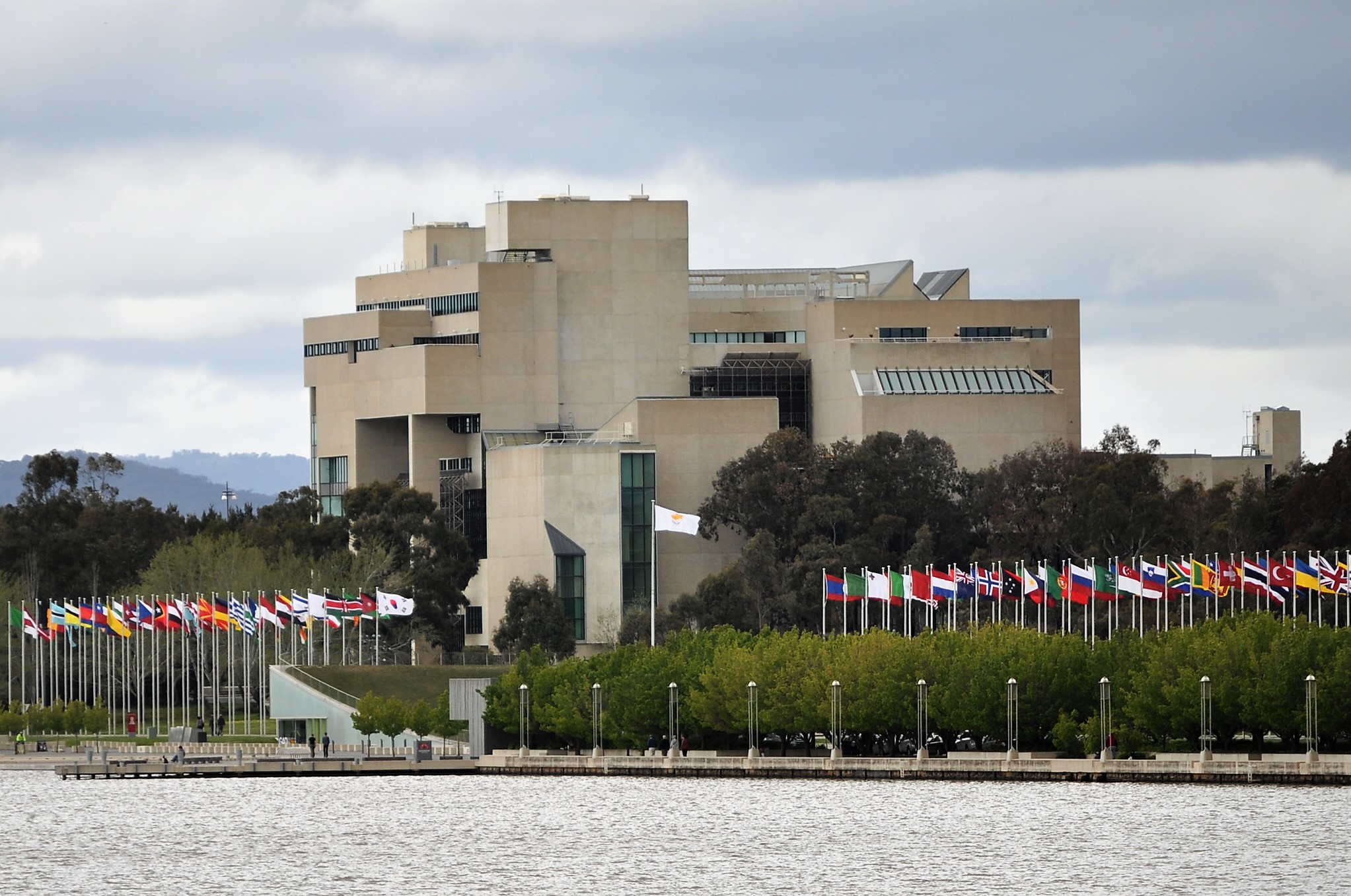This is Part II in a series on the Voluntary Assisted Dying Act 2017 (Vic). Read Part I here: An Overview of the Voluntary Assisted Dying Act 2017 (Vic)
What VAD means for s 2 of the Suicide Act 1961 (UK)
Much like Australia, the UK has had its fair share of debate, both in Parliament and before the courts, regarding the scope and human rights implications of assisted dying. The starting position in the UK is the blanket ban on assisted suicide enshrined in s 2 of the Suicide Act 1961 (‘Suicide Act’). Since the seminal decision of the UK Supreme Court in R (On the Application of Nicklinson and Anor) v Ministry of Justice [2014] UKSC 38 (‘Nicklinson’), several bills (e.g. here and here) proposing amendments to the Suicide Act to permit various forms of assisted dying have been debated before both the House of Commons and the House of Lords. None, however, have passed through to enactment and the blanket ban persists: it is an offence, punishable by up to 14 years’ imprisonment, to encourage or assist (or attempt thereto) the suicide of another, whether the individual actually dies or not.


